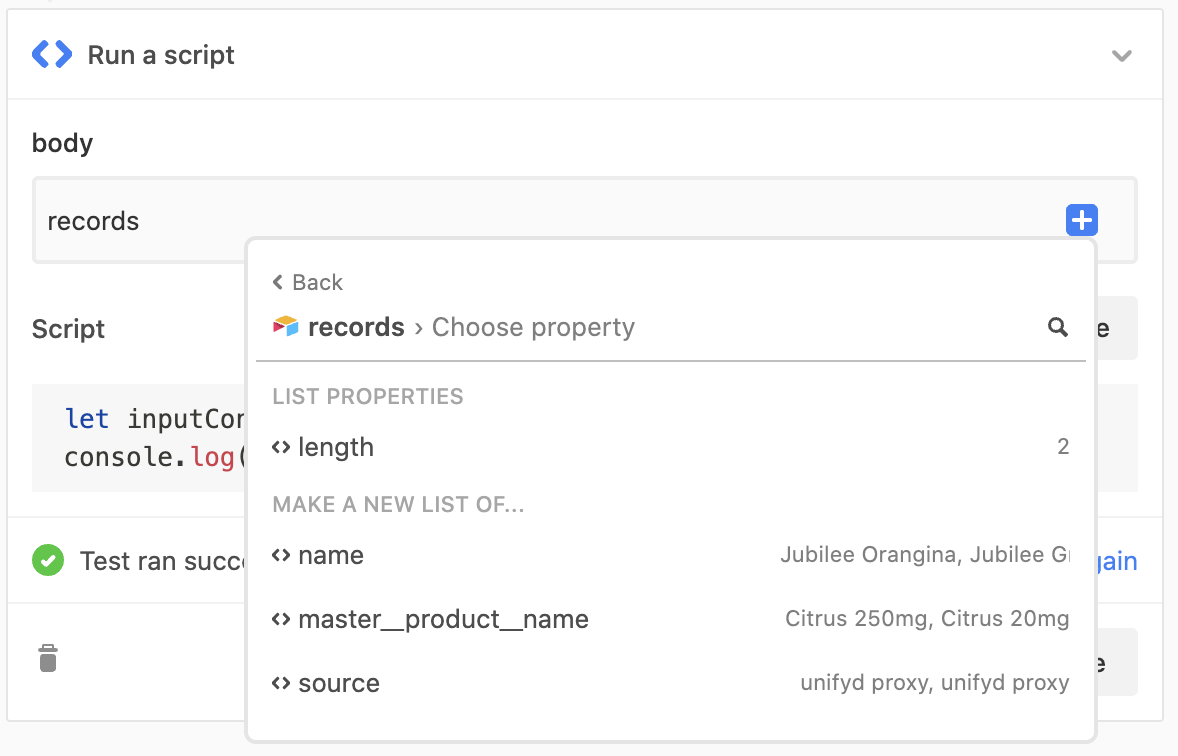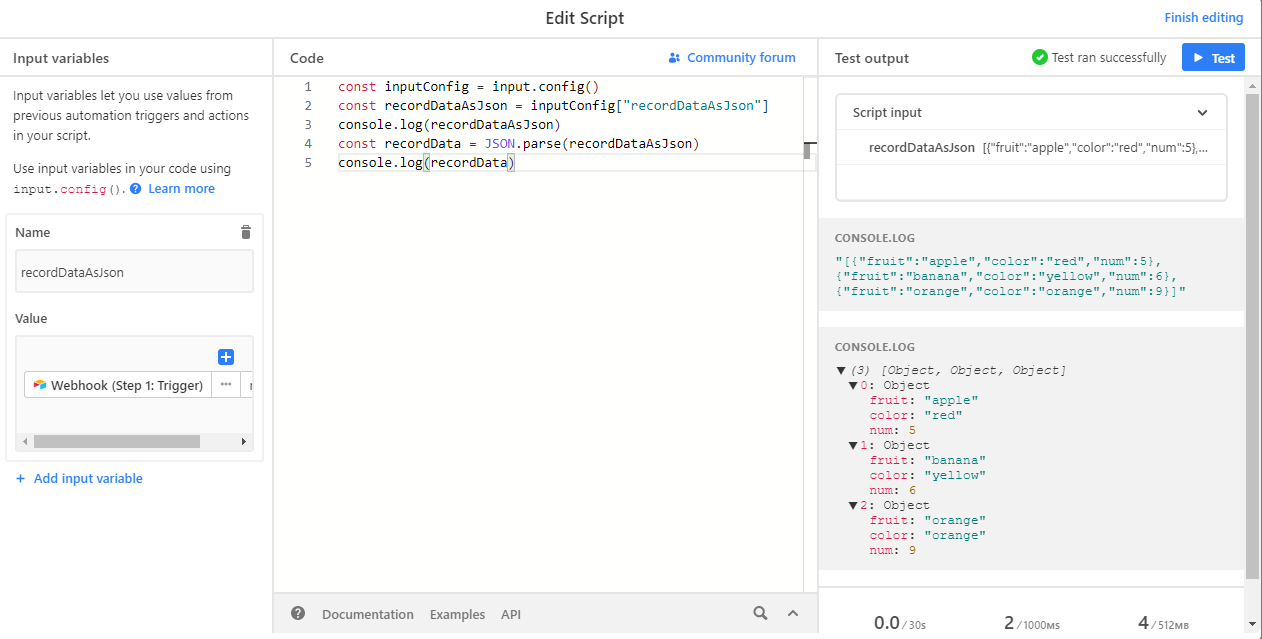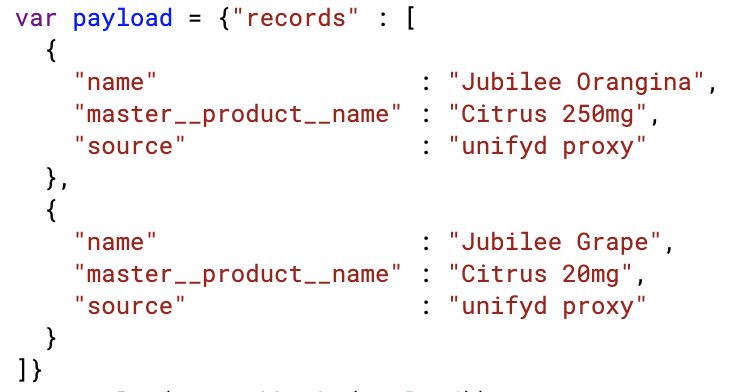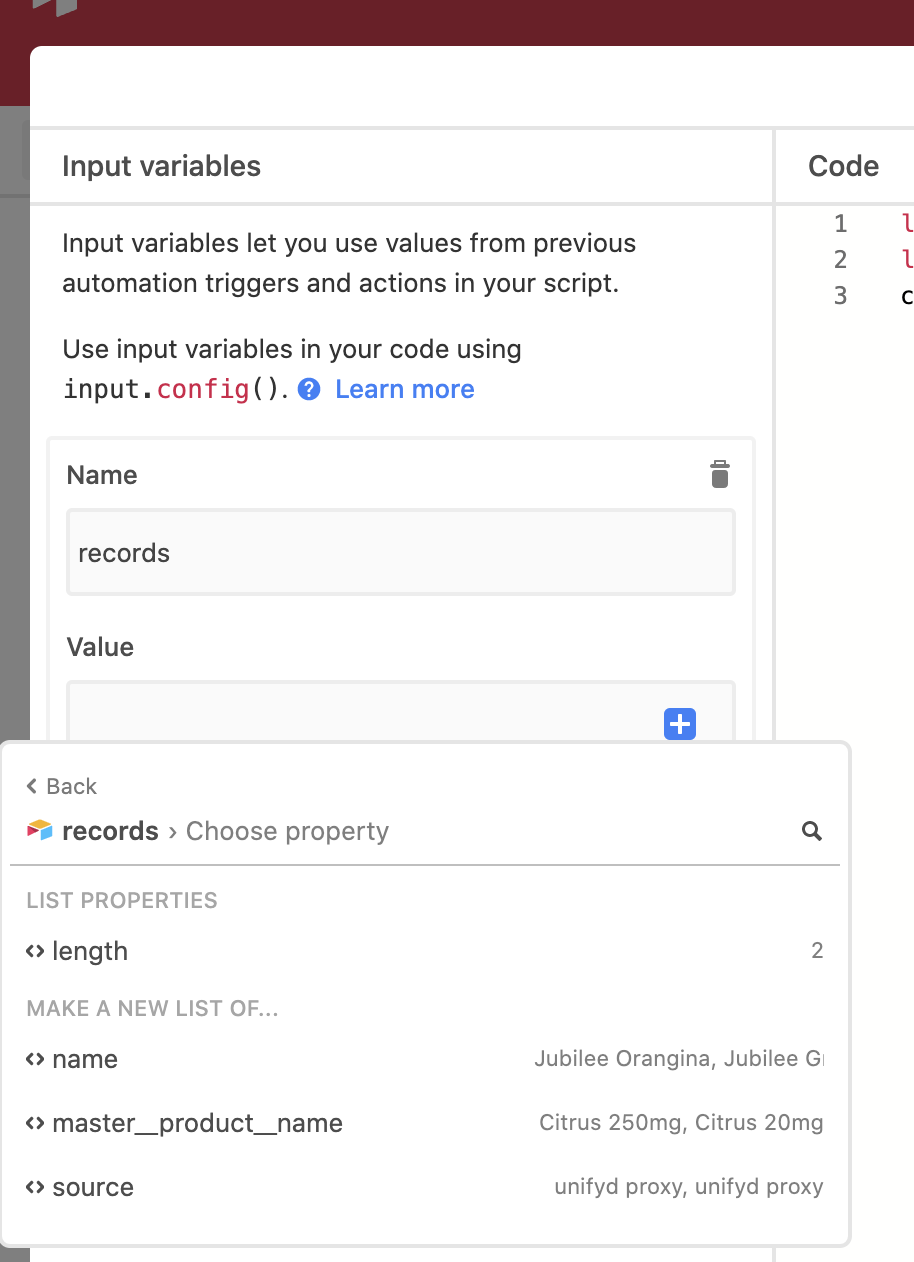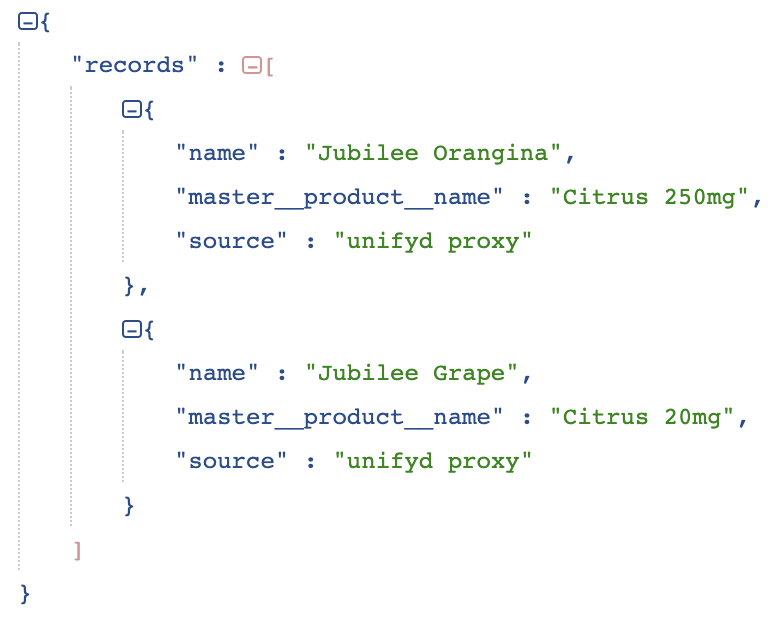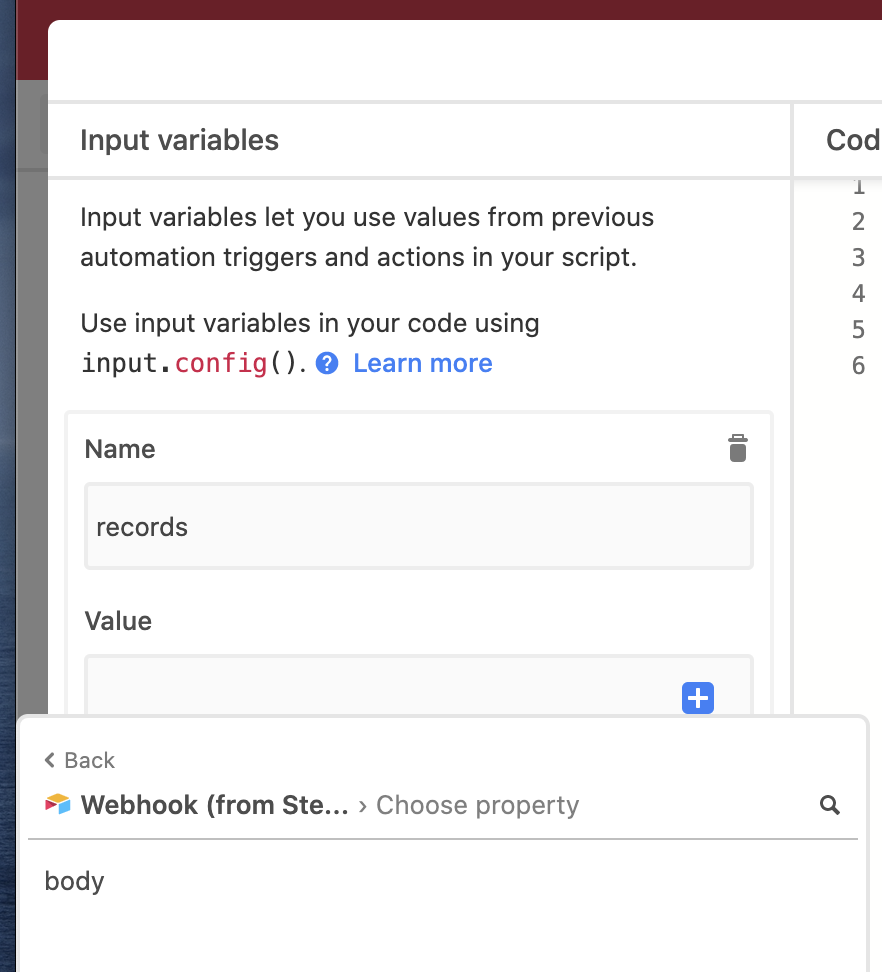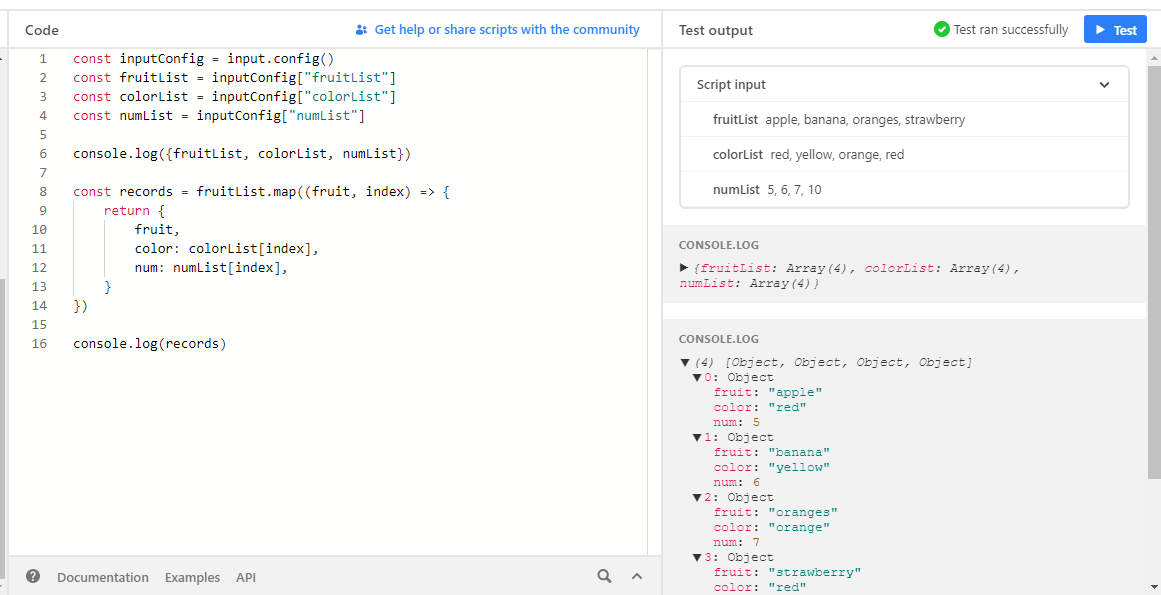
On top of other releases this week, we have another exciting new feature - incoming webhooks for automations!
With the new incoming webhook trigger you can connect Airtable with many of the tools and products that you and your team use (whether a third-party service or an internal tool).
Normally, you’d have to write custom code and spin up your own infrastructure in order to handle webhooks, but now, whenever an event fires in another product, you can tap into the full power of Airtable Automations to handle it accordingly.
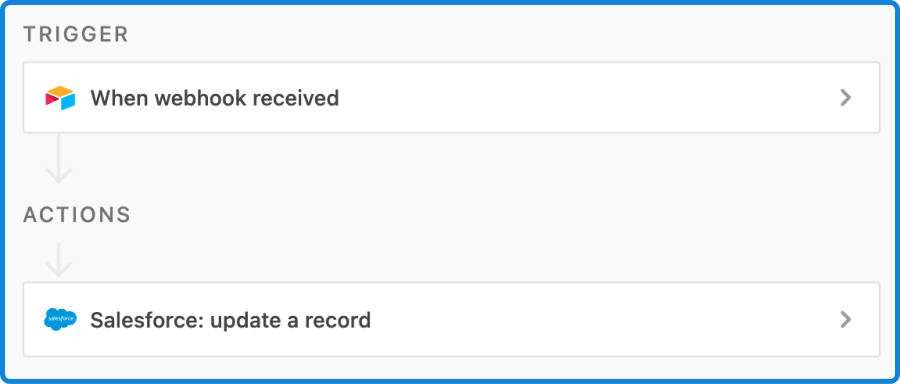
How it works
The incoming webhook trigger will create a unique URL that you can use to trigger an Airtable automation. You can use this URL with another service’s webhook configuration UI, or use it directly from your own custom code (e.g. from an internal tool). When Airtable receives a request at this URL, we’ll then trigger the automation that you configured (just like our other triggers).
This enables you to integrate with services that Airtable doesn’t currently support, or to programmatically trigger automations, preventing you from having to write custom code or manage your own infrastructure.
You can learn more about using the incoming webhook trigger in our Support Center.




